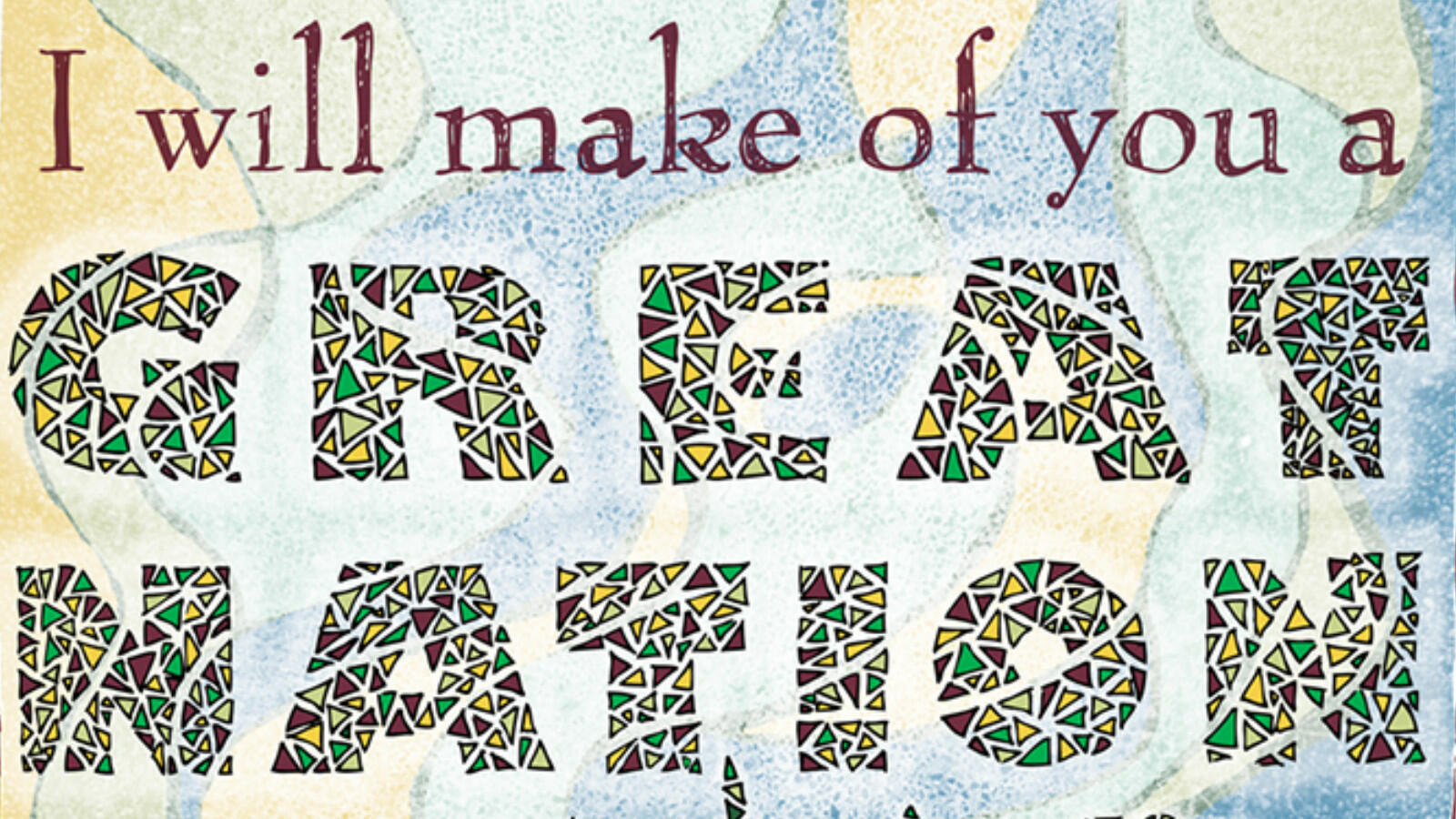Commentary on Parashat Lech-Lecha, Genesis 12:1-17:27
Parashat Lech Lecha describes the journey of Abraham and Sarah from their homeland as instructed by God. The Midrash teaches that the impetus for this departure is Abraham’s brutal smashing of his father’s idols, which his father believed to be gods. This was hardly a kind or a polite act. So how is it possible that the founder of our people got his start in the world trashing other people’s religious faith? Conversely, had he not rejected the faith of his father, would he have charted a new course and started our people?
We can find an answer in looking to another religious journey, the story of our collective liberation from Egypt. Moses tried politely asking Pharaoh to liberate the Israelite people. As we know, Pharaoh declined. In turn, God sent plague after plague to Pharaoh.
Those 10 plagues were as much to challenge the Egyptians and the Pharaoh as they were to show the Israelites that we had the power of endurance, that we had the requisite faith and the spiritual muscles to resist tyranny. Those 10 plagues were the original politics of disruption, humanity’s boldest wake up call.
You beat these slaves? We’re going to ruin your water! You overwork these people? We’re gonna wreck your crops! You won’t pay them? We’re gonna block your roads! You won’t free them? We’re gonna turn off the lights!
With your help, My Jewish Learning can provide endless opportunities for learning, connection and discovery.
After 10 plagues, Pharaoh’s hardened heart finally shattered and our people marched to freedom. Why?
Because enslaving people, discriminating against people, denying them their innate dignity is such a profound theological affront to God that business as usual just isn’t possible. We must never forget where we’ve come from and who we are: We were slaves in the land of Egypt, words that we recite every year at the Passover seder.
Human dignity is our ultimate theological concern. And when that means interrupting business as usual to break the chains of bondage, then it is both our religious inheritance and our moral obligation to rise up against the tyranny that prevents all people from being fully human.
This is not an advocacy of violence, but of creating discomfort for the sake of seeking justice and human dignity. As Devontae Torriente, a young African American leader, explains: “It’s time for us to do away with the idea that we must be respectful or courteous to be entitled to our rights. Politeness isn’t a requirement when we are confronting anyone who uses their political and social power to further disenfranchise us. We are now charged with ushering in a new era of normalized discomfort in which people in positions of power that in this fight for our humanity, we will not concede the raw power of our indignation.”
An invitation for us all: to hold the story of Abraham smashing the idols and the story of plagues as we reflect upon the role discomfort plays in social change and to embrace the discontent that comes from vital and necessary transformation. It is in these moments of discord and tumult where new worlds of justice and human dignity are born.
Read this Torah portion, Genesis 12:1 – 17:27, on Sefaria
You May Also Like:
Sign up for our “Guide to Torah Study” email series and we’ll guide you through everything you need to know, from explanations of the major texts to commentaries to learning methods and more.
Subscribe to A Daily Dose of Talmud: Daf Yomi for Everyone — every day, you’ll receive an email that offers an insight from each page of the current tractate of the Talmud. Join us!



